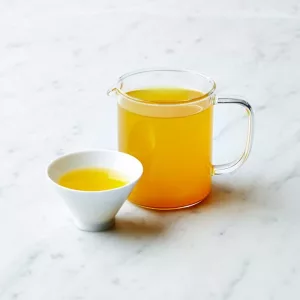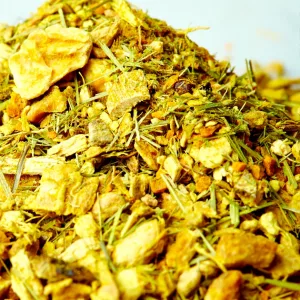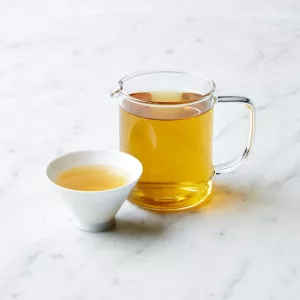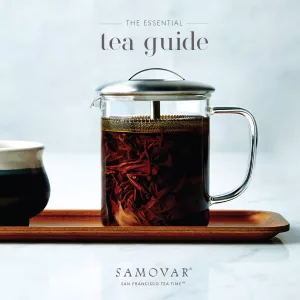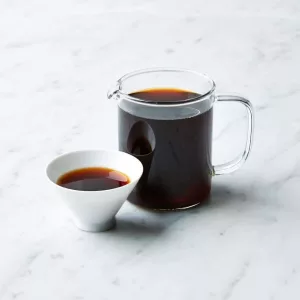
Walking amongst the weaponry, armor, formal attire and musical instruments at the San Francisco Asian Art Museum on a recent weekend, I was delighted to find that the “Lords of the Samurai” exhibit included not only swords and masks, but also ornate utensils used in 16th century tea rituals. It turns out Japanese generals rewarded success on the battlefield not only with land or a higher rank but with prized utensils for tea ceremony! A plaque next to a lacquered wood tea container dated 1615 and decorated with Mother of Pearl and gold powder explained, “There was a time when a single tea utensil could be valued as highly as the land compromising an entire province.”
Inspired by the efforts of the Samurai to balance military strength with a thorough knowledge of art, literature and tea, I realized they were far more than professional warriors. Pausing to take in a humble looking tea bowl displayed next to a case of swords, the exhibit stirred me to consider the dualities of my own life, my own embrace or aversion to the coarse and refined.
Part of the Samurai’s ethical code, the Bushido, or “Way of the Warrior”, was to live in a way that kept one ever mindful of the nearness of death. While it is certainly a stretch to compare contemporary life on the chaotic streets of San Francisco to the warring turf of mideval Japan, I found some of the seemingly incongruous wisdom of the Samurai relevant to my own life.
Yes, I may need to “armor” myself for business and other challenges of my day. But like these warriors, I recognize that my own life is also enriched by balance, stillness and moments of quiet reflection. Perhaps that’s why a prized tea cup came to represent the Samurai as much as a long sword of tempered steel.

